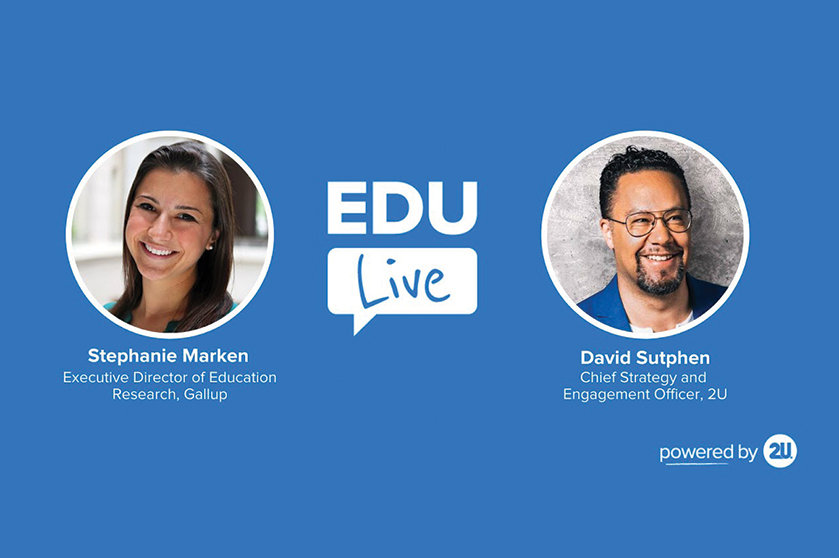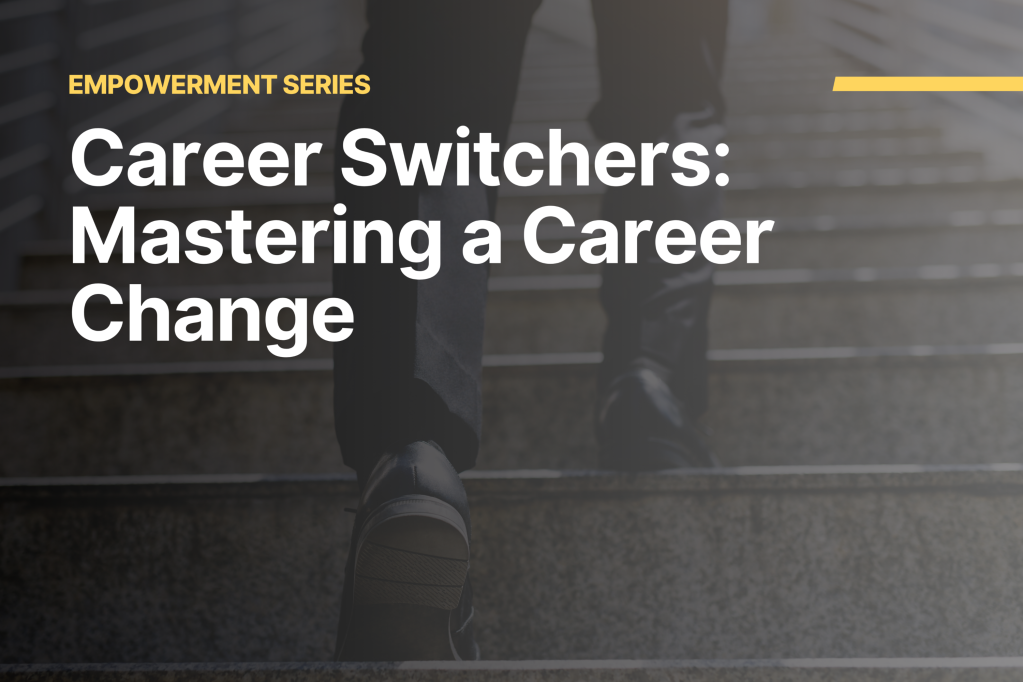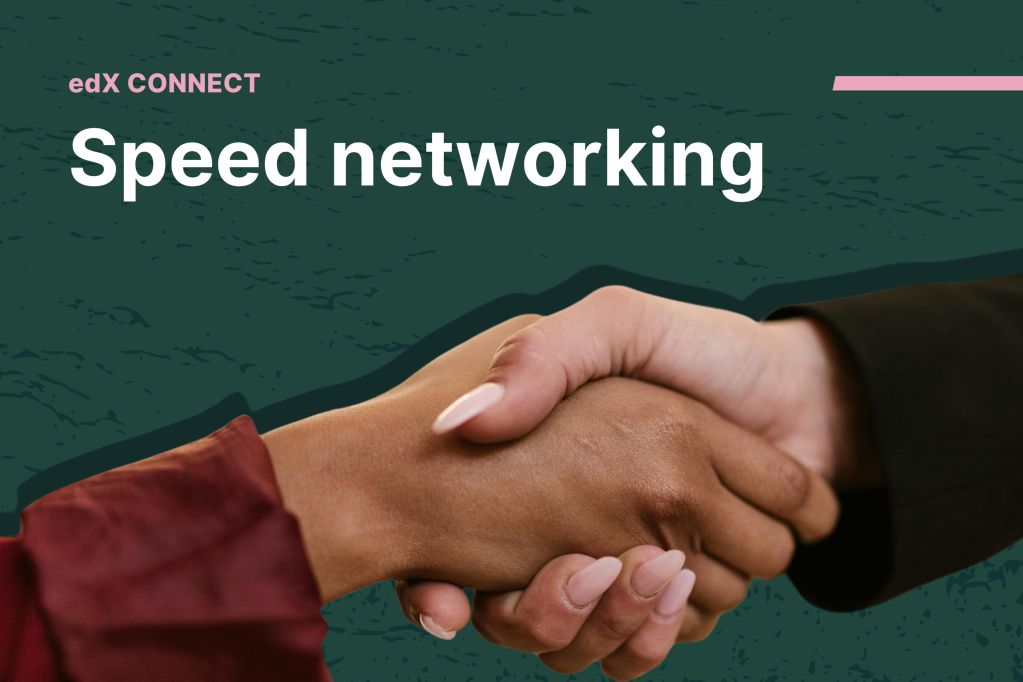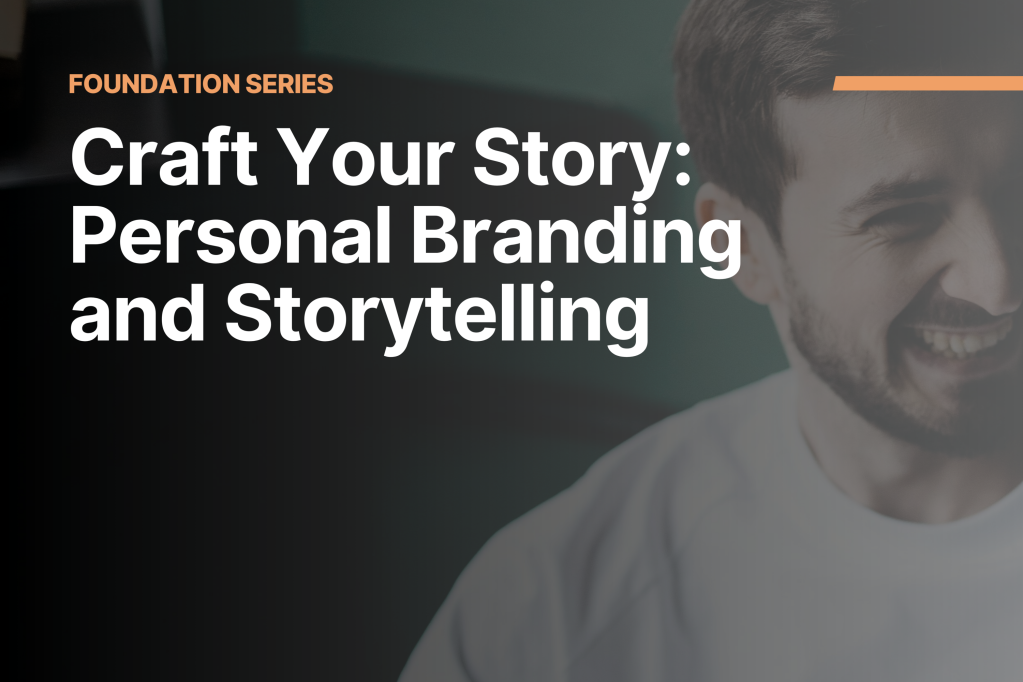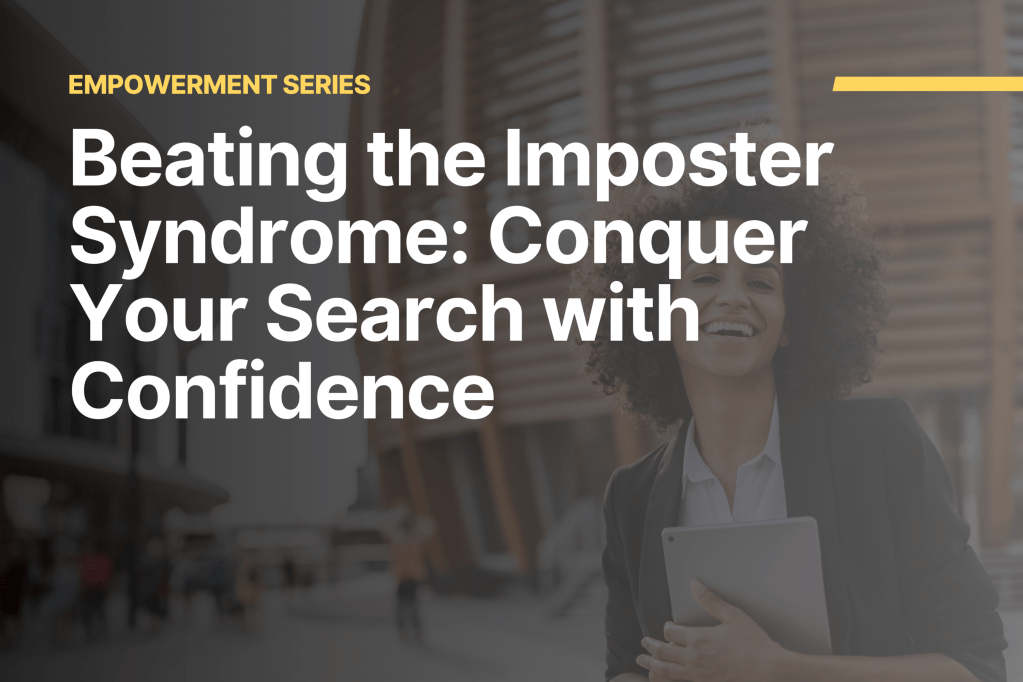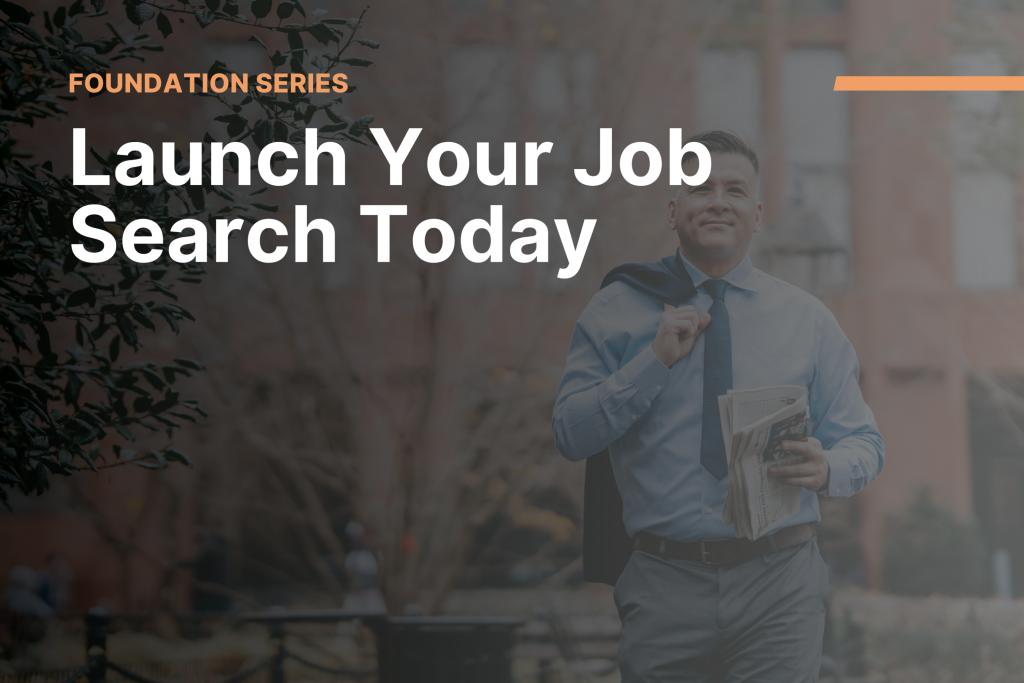Brian Prester was long attracted to advocacy and social justice, but he never thought he’d become a social worker—until he started seeing one himself. “I went through a lot of difficulties in adolescence,” he said. “I was on the brink of dropping out of high school, managing a serious illness, and facing a lot of the ups and downs that come with being a queer person of color.”
Prior to hearing the call to social work, Brian enrolled in flight school, and it put him back on track for a time. But it wasn’t long after becoming a flight instructor that he was ready for a career change. Speaking with a therapist extinguished all his misconceptions about the social work profession, and he realized how strongly he identified with its values. “I thought to myself I think there’s something for me here,” said Brian. “And that’s what set me on the path of social work.”
Searching for the right program
Since Brian had completed his undergraduate studies online, the decision to pursue a graduate degree online was only natural. The search for the right program involved a bit of trial and error. After starting an online program that lacked the live sessions and a sense of community that Brian was seeking, he took another chance and enrolled in the SocialWork@Simmons program.
“Simmons was the perfect fit,” said Brian. “It offered connection, community, real-time sessions, and the rigor I wanted. All the online programs I had done prior to Simmons were asynchronous. You’d log in, reply to someone’s comment, and log out. But the live, interactive classroom setting really solidified the learning experience for me.”
This real-time experience was important to Brian not only for his own engagement but also as a student entering a field founded on live human interaction and connection.
Lessons and benefits
Brian wasn’t surprised by the rigor of the program. He already knew from experience that online courses could be equally if not more demanding than their brick-and-mortar counterparts. His writing-intensive courses taught him the importance of scholarly, succinct, and research-based work. Collaborating with students from all over the country in varying time zones resulted in increased discipline and improved time management skills. Perhaps the most immediately tangible benefit of the program was the professional presence Brian developed.
“You constantly see yourself on camera as an online student,” he explained. “It’s a continuous reflection of how you look and how you’re speaking to others. This is an especially important awareness and skill for social work, and it allowed me to greatly improve the intentionality of the way I act with clients.”
Developing a diverse skill set
In social work programs, a good portion of learning happens outside the classroom, in the field. For Brian’s foundational fieldwork, he provided court-ordered treatment to those suffering from drug and alcohol addiction. “I was new to the field and I had a lot of preconceived notions about the type of social worker I wanted to be and the type of clients I wanted to have,” said Brian. “Working in addiction treatment didn’t necessarily fit into my vision. I had apprehensions and judgments, but the experience opened up all that close-mindedness.”
Now, addiction treatment is one of Brian’s specialties. He also conducted fieldwork in the health care space, working with patients undergoing dialysis, which gave him experience with the medical side of client care. He collaborated with oncologists and explored a world of interdisciplinary care that he’d never been exposed to before. These experiences were undoubtedly challenging, but they opened his eyes—and mind—to practices that allowed him to build a sizable set of skills that directly translate to his current career.
Providing multiple types of treatment
Today, Brian is a licensed, independent clinical social worker. He works with a wide range of patients at Viridian Counseling, a private practice. “My skills and training from Simmons have allowed me to work and advocate for clients across demographics,” he said.
Brian also continues to work as a mentor for social work students at Simmons, providing guidance to mentees facing all manner of hurdles and challenges. “There’s so much out there that is stressful and overwhelming,” said Brian. “This mentorship program can be the difference between whether someone drops out or not. It’s a really beautiful thing for me to be able to say that I understand their experience, that I know what it’s like, and that I can help.”
When asked what the most persistent, resonant, and long-lasting impact of this program was for Brian, he answered with one word: relationships. Why? Cultivating and building relationships isn’t just the basis of social work; it’s the foundation of life for all of us as social beings.
This article was originally published by 2U, Inc.


